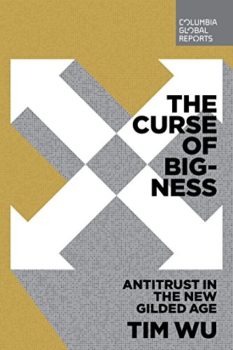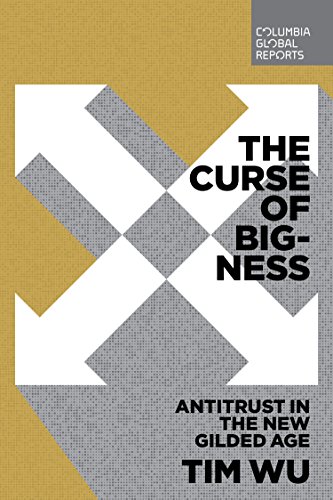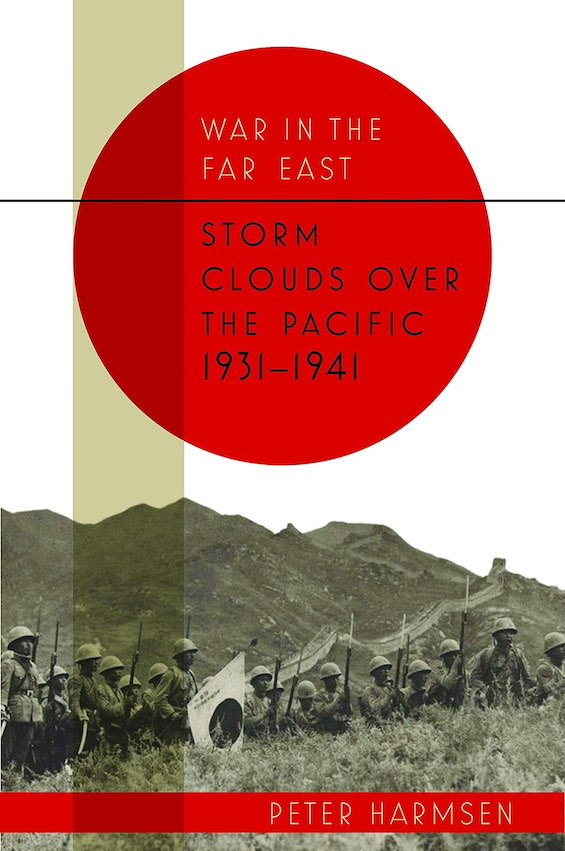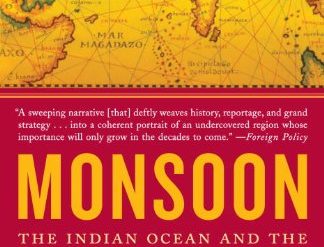
The Curse of Bigness highlights one of the most significant policy questions facing American society. The author, Columbia University law professor Tim Wu, insists it’s time to restore America’s lost commitment to the antitrust legislation passed in the late nineteenth and early twentieth centuries. Break up big corporations, he urges, since the increasing concentration of wealth in fewer and fewer hands has enabled the superrich to get their way with Congress and frustrate the popular will. Nothing less than the integrity of our democratic system is at stake, Wu contends. “[E]xtreme economic concentration yields gross inequality and material suffering, feeding an appetite for nationalistic and extremist leadership,” he writes. In other words, Wu is suggesting nothing less than that vigorous antitrust action might go to the roots of today’s extreme politics.
Estimated reading time: 5 minutes
Taking action against the “malefactors of great wealth”
Defenders of tax cuts for the rich and corporate welfare will no doubt howl in protest at Wu’s thesis. But it’s difficult to see how they could logically refute his argument or disprove it on historical grounds. In The Curse of Bigness, Wu traces the history of antitrust from the passage of the Sherman Act in 1890 to the present. He argues that once Theodore Roosevelt ascended to the White House and launched the antitrust movement with an attack on the Northern Securities Company, public sentiment shifted decisively in favor of taking action against what the President called “the malefactors of great wealth.”
The Curse of Bigness: Antitrust in the New Gilded Age by Tim Wu (2018) 154 pages ★★★★★
Roosevelt saw antitrust not just as an economic policy but as a political necessity. Monopolists (“the trusts”) wielded such power that they were able to dictate policy decisions to Congress. Thus, democracy was in peril since the trusts were able to lord it over the economy. Supreme Court Justice Louis Brandeis called it the “Curse of Bigness.” And Wu cites Brandeis’ writing as central to the thinking that dominated US antitrust policy until the 1970s.
Brandeis once said, “The ‘right to life’ guaranteed by our Constitution” should be understood as “the right to live, and not merely to exist. In order to live men must have the opportunity of developing their faculties; and they must live under conditions in which their faculties may develop naturally and healthily.” Clearly, this is a conviction not shared by the leadership of today’s Republican Party.
Break up big corporations to restore democracy?
It wasn’t until the 1970s that a legal attack on antitrust led by Robert Bork began pushing against the antimonopoly sentiment that had prevailed since the turn of the century. Bork’s crusade, abetted by increasingly sympathetic judges, yielded a series of landmark decisions in Federal courts. In the decades that followed, these cases undermined the ability of the Justice Department to take action against monopolistic corporations. His argument rested on what can only be a willful misreading of the Sherman Act. Bork insisted the only justification for an antitrust prosecution was if monopolists were charging higher prices and thus harming consumers. He rejected any argument that antitrust action could rest on anything but the narrowest economic grounds. And Bork prevailed. When George W. Bush entered the White House, antitrust had become effectively a dead letter.
“[D]uring the Bush years,” Wu observes, “the anti-monopoly provisions of the Sherman Act went into a deep freeze from which they have never really recovered . . . [T]he Bush Justice Department proceeded to bring a grand total of zero anti-monopoly antitrust cases over a period of eight years, and did not block any major mergers.” Antitrust action resumed under Barack Obama and would have continued in earnest under Hillary Clinton. And Donald Trump claims to be taking antitrust “very seriously.”
Two big antitrust actions in the 1980s and 90s
It’s true, as Wu makes abundantly clear, that two major antitrust prosecutions took place in the 1980s and 1990s. Under Ronald Reagan, the Justice Department sued to break up AT&T, then the largest private company in the world. But the case never went to court, as AT&T eventually consented to the breakup. Then, in the Bill Clinton era, Microsoft came under the microscope. The case was still in court in 2000 when George W. Bush was elected by the Supreme Court’s Bush v. Gore decision. Bush’s Justice Department essentially dropped the case, settling for what have since been viewed as cosmetic changes.
The problem doesn’t lie just with the tech industry
These days, most of the little talk in the air about antitrust involves the tech industry: Apple, Amazon, Google, and Facebook. These companies all certainly deserve close attention, and most if not all of them could easily become targets under a more rigorous interpretation of antitrust law. But Wu argues forcefully that the “Curse of Bigness” has infected much more than the tech industry. For example, look at the market share for the major firms in the oil, pharmaceutical, and chemical industries. And consider this: the stock market has been shrinking for the past two decades. “The market is half the size of its mid-1990s peak,” according to the New York Times. Anyone who so much as glances at the news about mergers and acquisitions knows perfectly well that the American corporate sector has been consolidating for decades.
Wu concedes that “antitrust alone will not cure the curse of bigness or eliminate the excesses of private power. But it strikes at the root, and getting the engines of the law restarted is an important part of dealing with a problem that has reached Constitutional dimensions.” To that end, Wu lays out “A Neo-Brandeisian Agenda” in the conclusion to The Curse of Bigness. However, the actions he advocates will clearly have to await a political realignment in Washington, DC.
About the author
Tim Yu has taught antitrust, copyright, the media industries, and communications law at Columbia Law School since 2006. He is a contributing opinion writer for the New York Times. The Curse of Bigness is his fourth book.
For related reading
Previously, I reviewed the book for which Tim Yu is best known: The Attention Merchants: The Epic Scramble to Get Inside Our Heads. My review is at The penny press, Amos ‘n Andy, and pop-up ads.
You might also be interested in:
- 5 best books about Silicon Valley
- My 10 favorite books about business history
- Top 10 nonfiction books about politics
- Top 20 popular books for understanding American history
And you can always find my most popular reviews, and the most recent ones, on the Home Page.


























